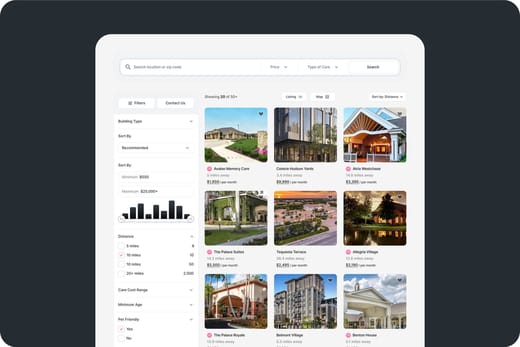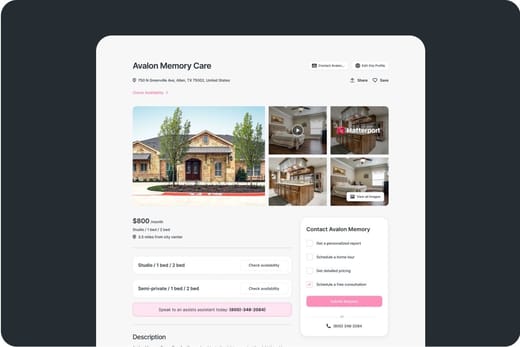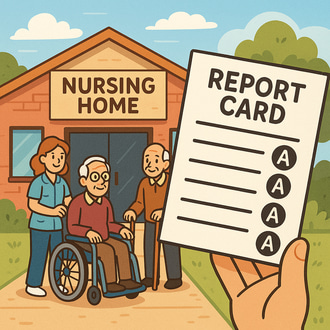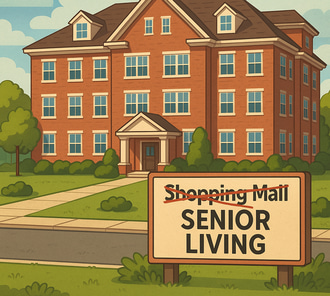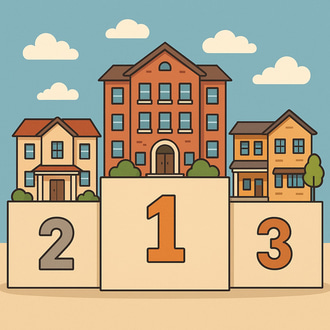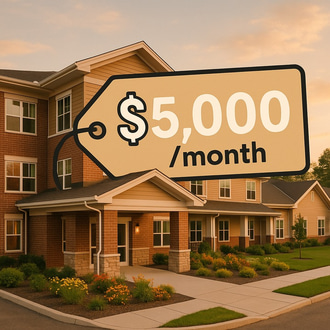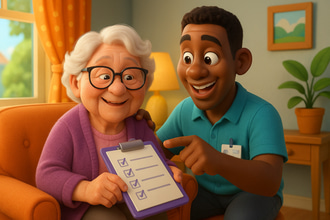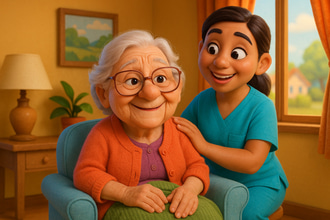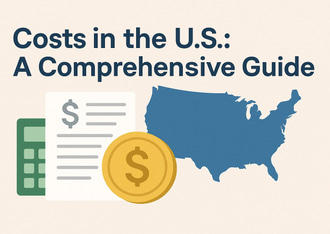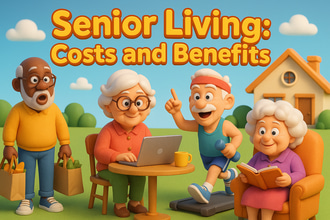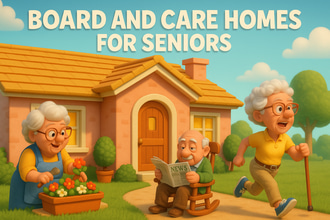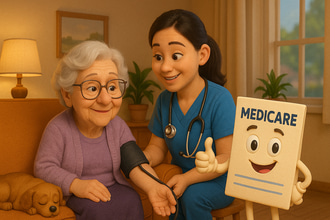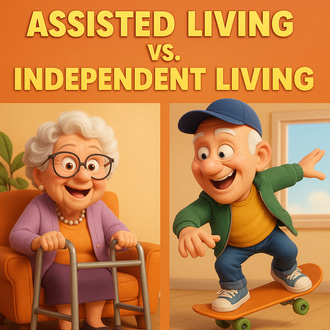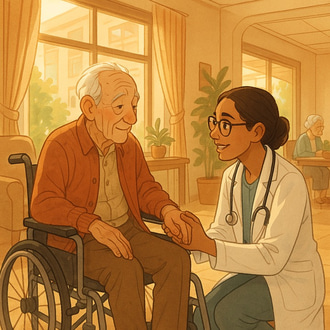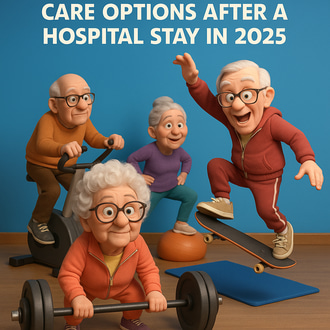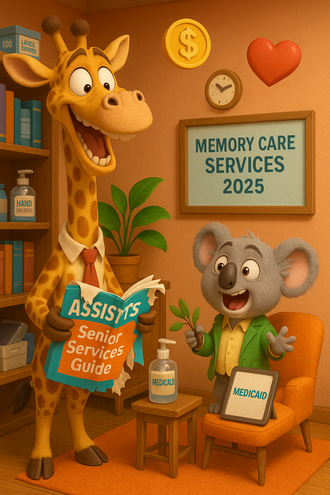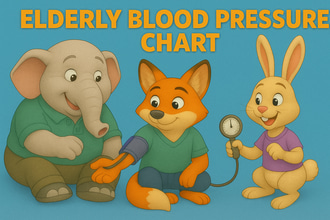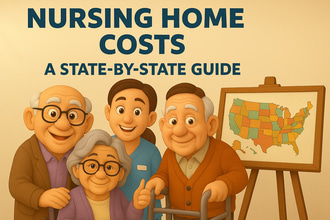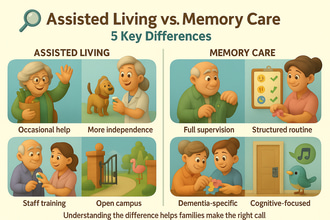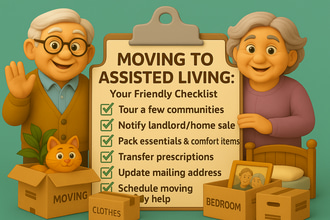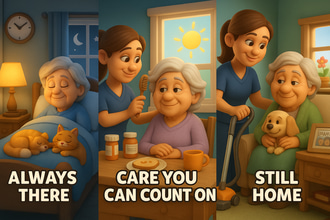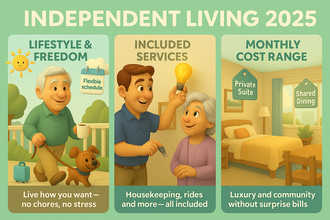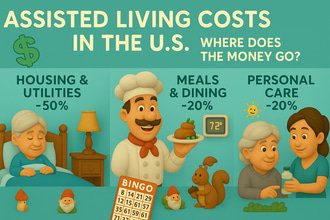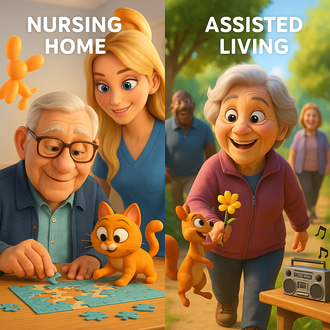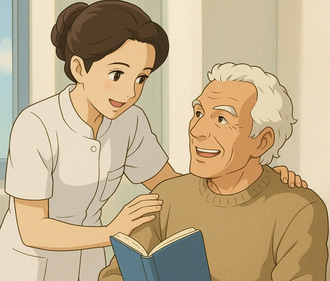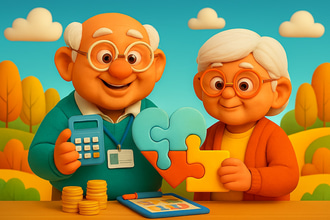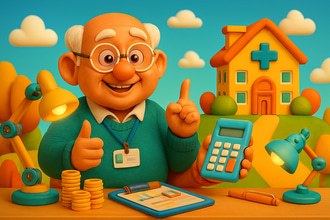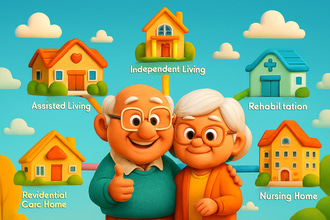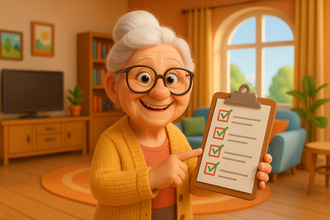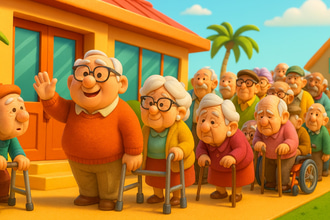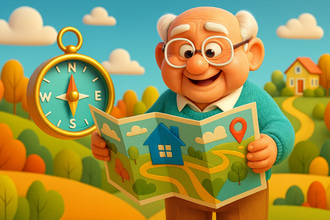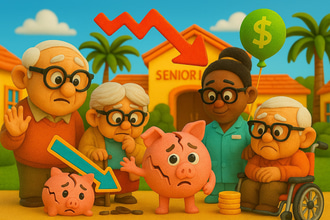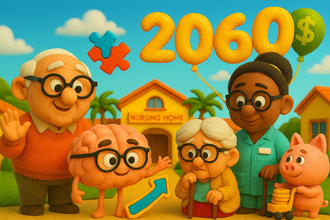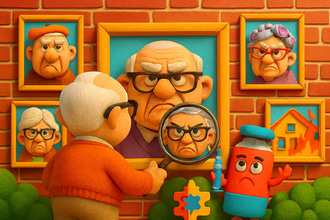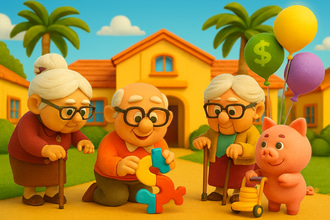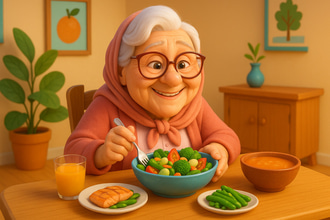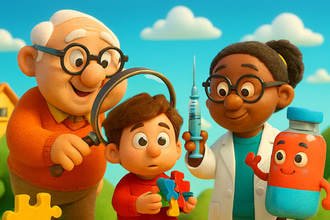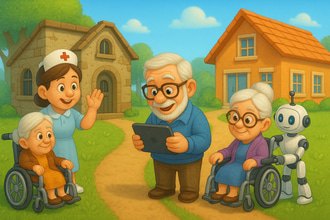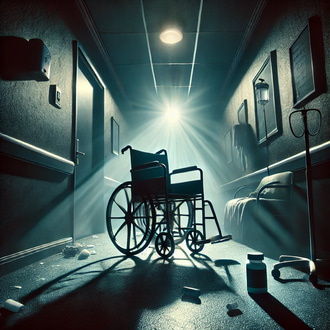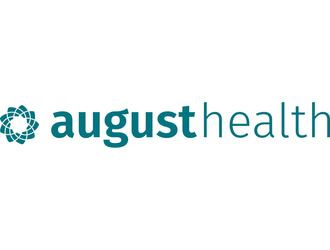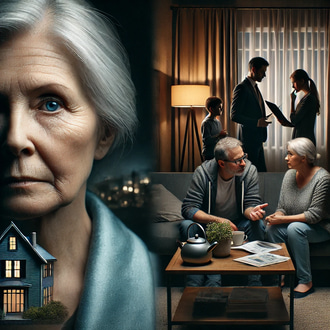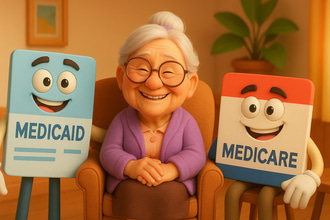Transition to assisted living is a difficult choice, even for adult children looking out for their parents. Despite the clear signs of the need for assisted living, others may ignore it due to guilt and other factors. However, further delaying the transition to assisted care may increase the risks to safety and well-being. This decision requires careful consideration and proper planning to ensure the comfort and safety of their loved ones.
Here are 8 red flags that show a parent is in need of assisted living
Health Decline
Most older adults experience a decline in health and experience chronic conditions, like hypertension, arthritis, cancer, and others. According to the National Council on Aging (NCOA), around 93% of people aged 65 and older have at least one chronic condition, while around 79% have two or more. These chronic conditions increase the need for medical assistance and at least support for taking medication. Dealing with complex health needs, alongside managing household chores, may be taxing for older adults and their family members. Hence, 24-hour care in assisted living communities or caregivers can be helpful in keeping parents well, while allowing family members to keep their peace of mind. Do not wait until the chronic condition gets worse to act and provide care for your loved ones.
Memory loss
Forgetting is part of ageing; however, dementia-related memory loss and other cognitive impairments may cause further risks for health and safety. Parents, especially those who are living alone, may have difficulty managing and performing their daily tasks. Frequent forgetfulness and memory lapses that put them in danger should not be ignored. Sometimes it is better for assisted living communities, especially those specializing in memory care, may be helpful to improve older adults’ living conditions and cognition.
Difficulty in performing activities of daily living (ADLs)
ADLs, including bathing, dressing, and feeding, can be a challenging task for parents, especially those with chronic conditions. Based on the data from the Centers for Disease Control and Prevention (CDC) in 2023, around 13.4% of those 75+ need personal care. Sometimes older adults may forget their hygiene due to several factors, like memory issues and difficulty in moving.
In this case, assisted living communities provide discreet assistance with ADLs, so parents can remain clean and comfortable. A pattern of self-neglect and poor hygiene is a clear red flag that should not be ignored.
Neglected home maintenance
Household chores and maintenance can be a burden for older adults and their families, especially when they are dealing with worsening chronic conditions. Additionally, parents who are living alone may also forget to pay the bills and handle the utilities. An unkept home and forgotten bills can make the home unsafe for older adults, and may increase the risk of accidents. If your parents’ house is often disorganized and bills are usually unpaid, it may be beneficial to opt for assisted living.
Frequent falls and safety risks
Falls can lead to frequent hospitalization and can pose greater health and safety risks when ignored. Falls may be caused by mobility issues, including struggling with stairs and unstable walking. Aside from physical concerns, parents might also forget to take their medication and forget to turn off burners and other hazardous appliances. These instances are clear red flags that need immediate attention to prevent further risks.
Poor nutrition
Meals are important to keep older adults healthy, especially to make up for the nutrients they need. When a parent starts losing weight and is not able to prepare meals according to their dietary needs, that is a clear red flag. Due to mobility issues or cognitive issues, older adults may be unable to prepare meals to remain healthy. Poor nutrition may lead to further complications that can endanger your parents’ well-being.
Isolation and loneliness
Older adults are prone to isolation that may lead to loneliness, and in worse cases, depression. When parents begin isolating themselves and avoiding social interactions, that is a clear sign of withdrawal that should not be ignored. Assisted living communities may be beneficial for parents, especially when they get to live with people of their age and may share the same experiences with them.
Family caregiver/s need rest
Adult children or family caregivers who are taking care of their parents may experience burnout, especially with how physically and emotionally taxing caring for someone can be. It is not wrong for family members or older adults to feel tired when taking care of their parents. In times like these, respite care from assisted living communities may be helpful to give them and their parents time to recuperate.
These are only some of the red flags that can be addressed by transitioning to assisted living. While adult children may feel guilty about this decision, they can take their time to weigh the benefits and consequences of this choice. However, this should not take long, as delaying further may increase the safety and health risks to their parents. In deciding, it is better to have a good discussion with parents to avoid misunderstanding and ensure they are on the same page. It is also important to take into consideration their parents’ opinions and feelings regarding the matter for their comfort. This is a difficult journey for everyone involved; hence, proper planning and careful considerations should be in place.

